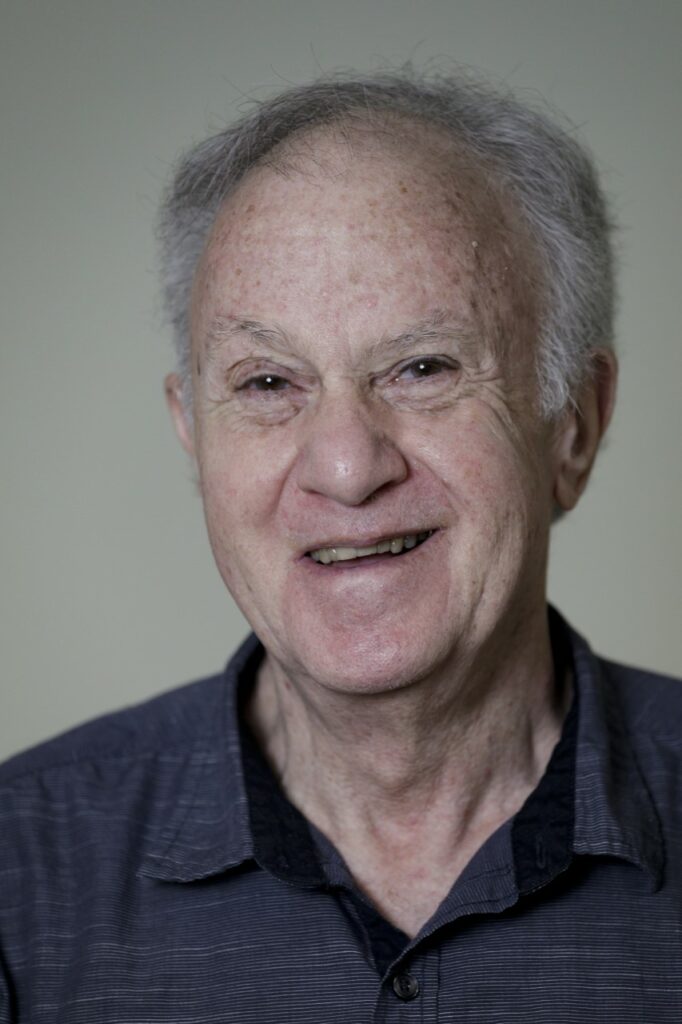
A new study out of York University examines how the Finnish Baby Box concept was instituted across nations identified as liberal welfare states, such as Canada, the U.K. and the U.S., that minimize income redistribution, social spending and management of the labour market. It also identified numerous barriers to building progressive public policy in these nations.
For more than 80 years in Finland, expectant mothers have been provided with a cardboard box containing an extensive collection of clothing, bathing products and diapers, together with bedding and a small mattress, which could be used to place the baby in if necessary.

Faculty of Health Professor Dennis Raphael and Alexis Blair-Hamilton, a recent graduate of the Health Studies program at York and lead author of the study, investigated how the concept was translated in liberal welfare states. Raphael says they were led to do so by their observing that governmental authorities and the media in Canada, the U.K. and the U.S. put forth the mistaken belief that Finland’s very low infant mortality rate was achieved by having babies sleep in the box rather than by the advantages provided by Finland’s extensive social democratic welfare state.
Using a critical case study methodology, the study looked at whether the Finnish Baby Box concept's implementation in Canada, the U.K. and the U.S. experienced message distortion (having the box serve as a means of preventing SIDS rather than providing essentials associated with childbirth), commercialization and watering down of content and authorities, and media separation of the baby box concept from the broad array of Finnish welfare state policies that support families with children.
Numerous barriers to building progressive public policy in these three countries were identified, including: “the structures and processes of the liberal welfare state, commercial interests that skew public policymaking and media logic that limits news reporting to the concrete and simple, eschewing complex analysis.”
Additionally, the researchers found that only Scotland and Wales recognized the decommodification and equity roles played by the Finnish baby box and its contents. The authors noted that in Scotland and Wales, like Finland, governing authorities were decidedly on the left-wing of national politics, demonstrating how a commitment to equity and social democracy serve as important spurs to health promoting public policy. Barriers and opportunities in liberal welfare states for implementing such public policy to support families and promote health and well-being were considered.
The full study “A critical analysis of the Finnish Baby Box’s journey in to the liberal welfare state: Implications for progressive public policymaking” is available for free download until May 17. To obtain a copy of the study after May 17, contact Raphael at draphael@yorku.ca.
